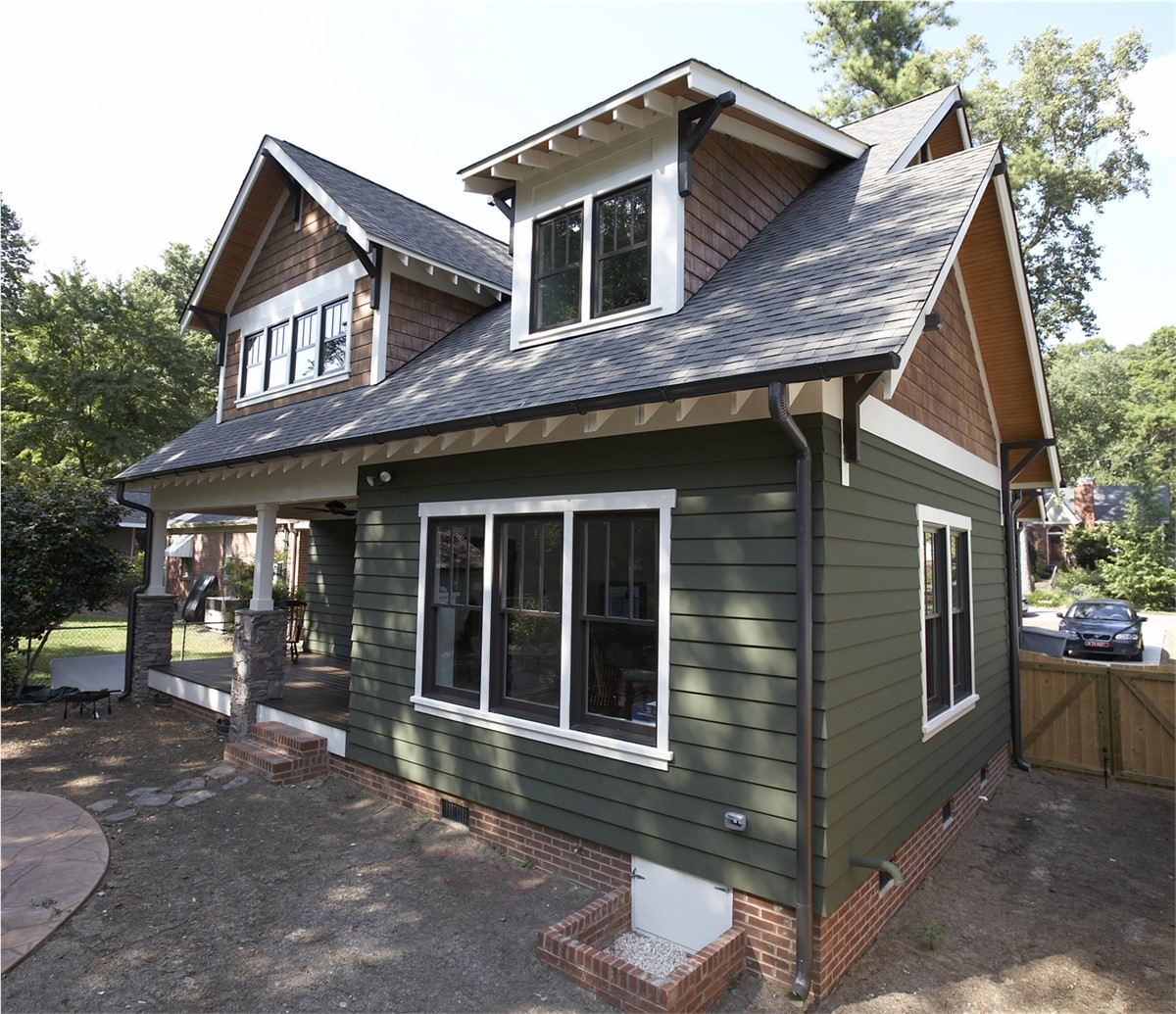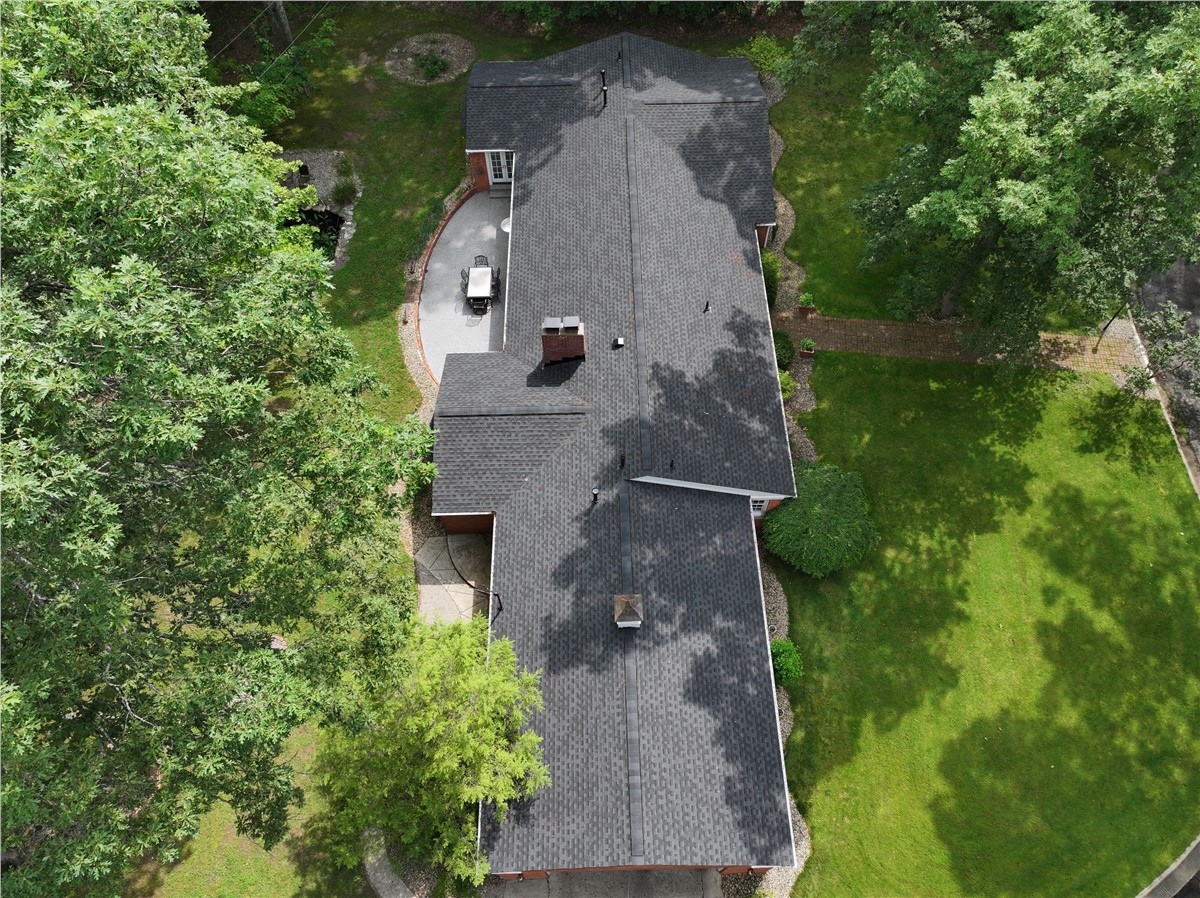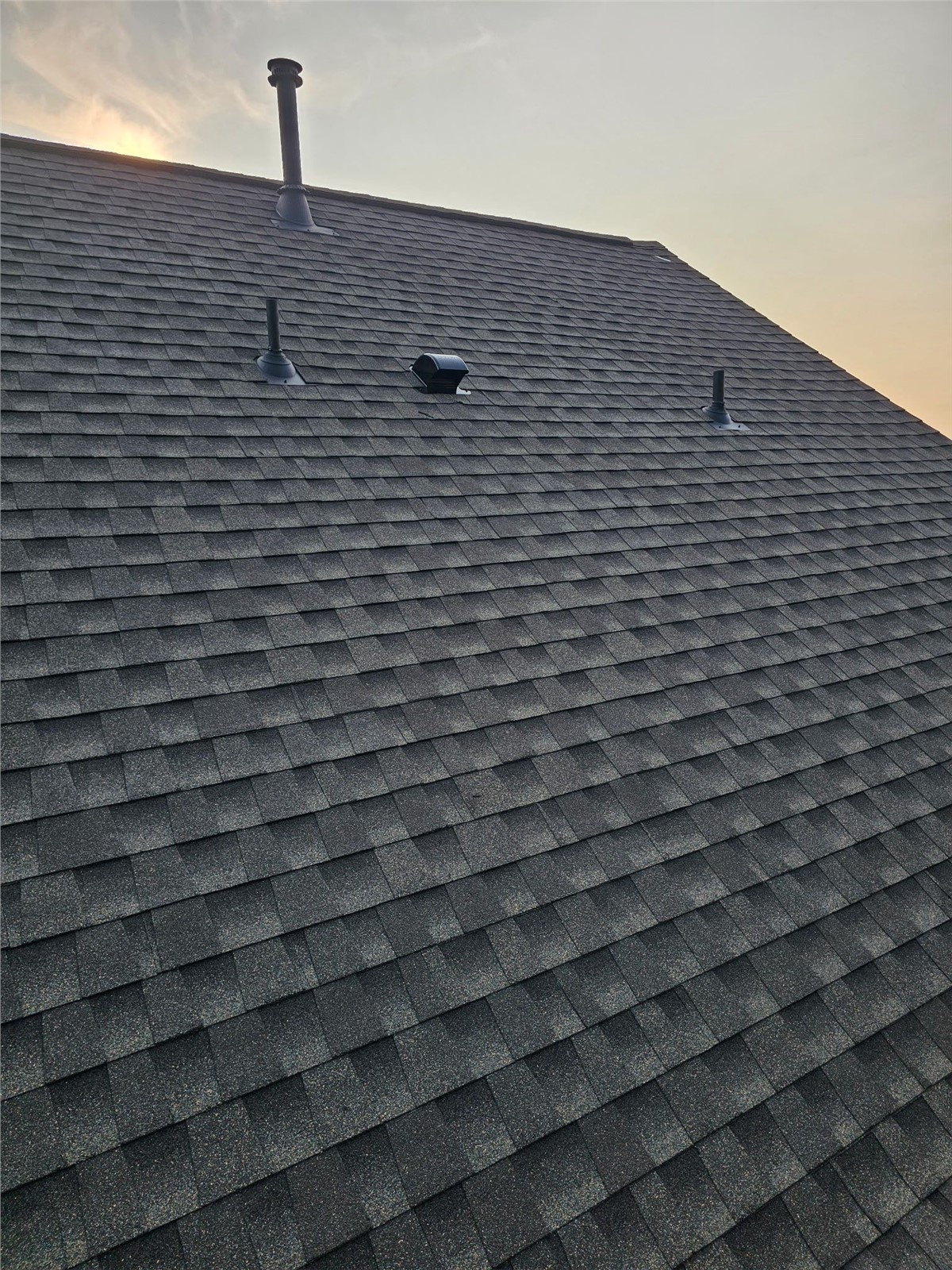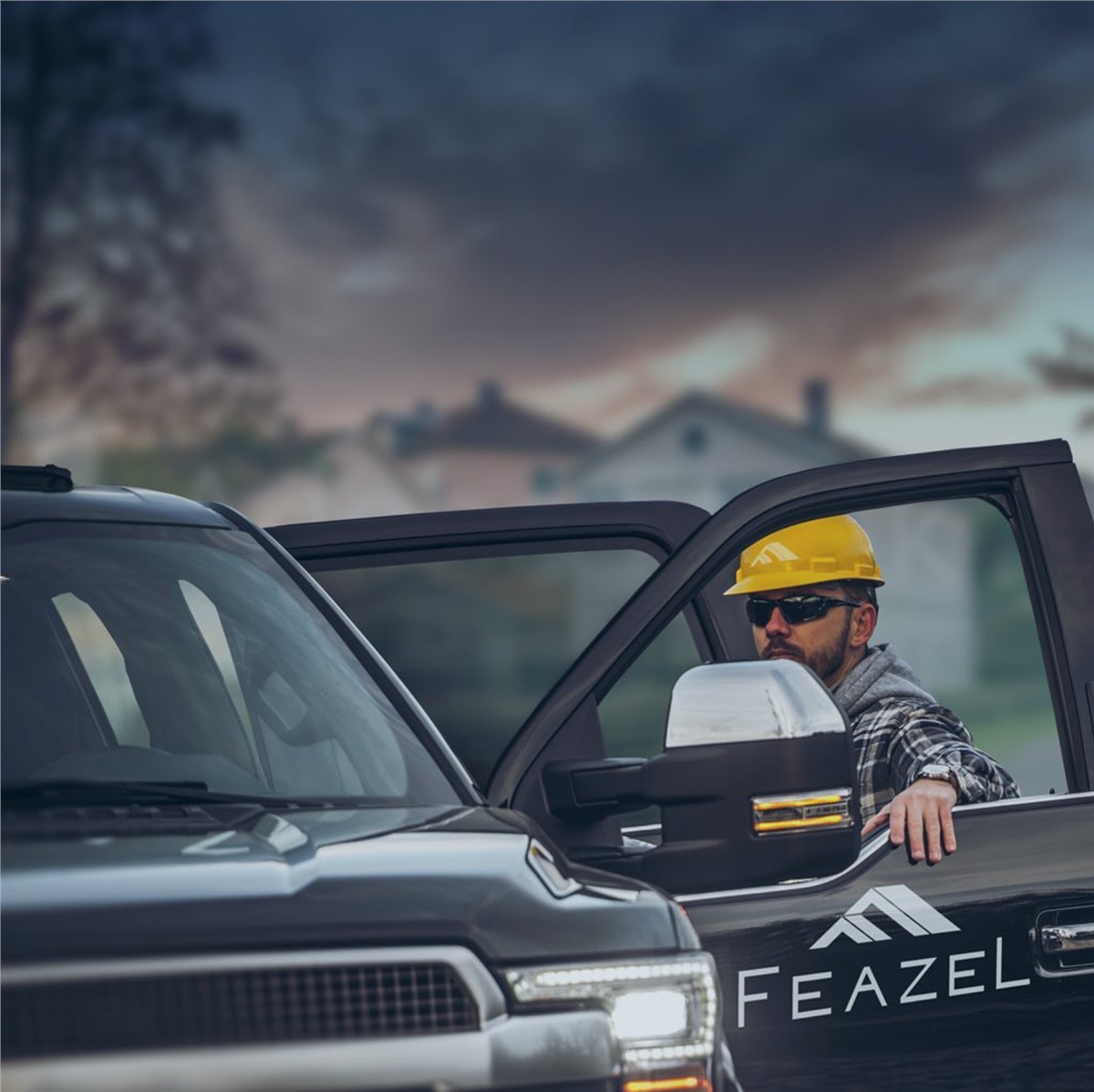It's easy to forget about what's going on up on the roof, especially with the chimney! But, we all must remember to keep up the roof repairs or else suffer through bigger home damage in the long run.
One of the part of the chimney that is small and easily overlooked, yet still important is the chimney rain cap. This chimney component keeps your fireplace dry and protects your home against fire hazards too.
What is a Chimney Rain Cap?
Ever look up at the chimney on a home or building and see a small piece of flat metal held directly over top of it? This metal, usually held above the chimney opening by metal arms or a screen around the chimney, is the rain cap. It provides essential protection against the elements, especially moisture that can seep down the insides of the chimney.
What Types of Chimney Rain Caps are There?
Homeowners have plenty of options when it comes to chimney caps. Most of these chimney components are made from steel, copper, galvanized metals, or aluminum.
They also come in a variety of unique designs with different features, including:
- Integrated Damper Caps: Homes with older fireplaces may not have internal dampers in them. These integrated damper caps make up for it with built-in dampers designed to protect against downdrafts.
- Electric Chimney Caps: These caps usually have some electric feature, such as an internal fan to create an updraft in the chimney for the fire.
- Single-Flue Caps: These caps are smaller and only made to cover chimneys with a single flue coming out of them.
- Multi-Flue Caps: These larger caps are fitted for chimneys with multiple flues coming out of them.
- Outside Mount Caps: These are rain caps which wrap around the outside of the chimney. These caps are usually screwed into the chimney to keep them in place.
Do I Need a Rain Cap on My Chimney?
Yes, every building with a chimney should have a rain cap installed. Without one, the chimney opening would constantly be exposed to rainfall, snow, and falling debris. The rain cap keeps most of these assaults out while providing openings on the sides for smoke and ash to leave the chimney opening.
Rain caps are also good for keeping pests out of the chimney. Small animals and birds may climb into the chimney out of curiosity or just when looking for a safe place to nest. Sometimes, they even build nests inside, which end up blocking smoke and could even catch fire.
Why is Rain Water Coming Down My Chimney?
If you have had a rain cap on your chimney for years, but have recently noticed rainwater and moisture inside the fireplace, There could be multiple causes. One is simply that very strong winds managed to push rain horizontally under the rain cap where it hit the chimney and eventually dripped down the inside.
The other reason you are seeing rainwater coming down your chimney is that the rain cap is damaged. It may have age-related wear, rusting, or damage from pests or flying debris. This ruins the rain cap's ability to provide complete protection against rainfall. Thankfully, you can have a residential roofing company replace the damaged rain cap without a big investment.
How Can I Tell if My Rain Cap Needs To be Replaced?
You may be wondering if it is time to replace your chimney cap. Thankfully, there are some pretty noticeable signs that the rain cap has reached the end of its lifespan:
- Rainwater shows up in the fireplace
- You see fallen debris inside the fireplace
- Rust is visible on the rain cap from the yard
- Downdrafts are consistently entering the fireplace
- Part of the rain cap fell off or was blown off the chimney
Ask About Our Roof Repair Services in the Midwest and Eastern United States
As a BBB-accredited and A+ rated roof repair company, we've seen many chimney leaks that look like roof leaks and vice versa. Give us a call to schedule a free roof inspection and we'll be happy to investigate the root cause of your moisture issues.
Our full-service contractors work on many other projects, like:
- Roof Work
- Solar Solutions
- Home Exteriors
- Commercial Remodeling
- Storm Damage Restoration
If you would like to know more, give us a call or fill out our online form. We'll get back to you with an answer right away.
Tags
Subscribe to Feazel's Blog






Comments